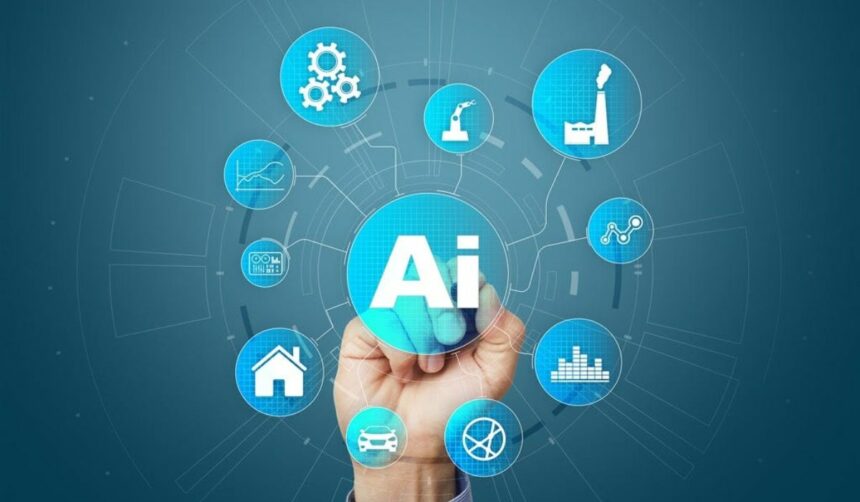The trajectory of artificial intelligence (AI) has been nothing short of meteoric, shaping a future where innovation intertwines with opportunity. Across industries and sectors, AI’s transformative prowess reshapes processes, boosts efficiencies and unlocks unprecedented potential.
Projections soar, estimating a colossal $15.7 trillion to be churned by the global AI juggernaut, with Africa poised to claim a substantial $1.2 trillion.
Vera Songwe, the Under-Secretary-General of the United Nations and Executive Secretary of the Economic Commission for Africa echoes this sentiment, citing Africa’s potential to amplify its economy by a staggering $1.5 trillion, should it capture a mere 10% of the burgeoning AI market set to burgeon by 2030.
Behind this surge lie pivotal drivers: the deluge of data cascading from sensors, social platforms, and interconnected devices lays the foundation for AI algorithms to glean insights and drive informed decisions.
Breakthroughs in machine learning, epitomized by deep learning, redefine the boundaries of AI capabilities, powering tasks from image recognition to natural language processing.
Meanwhile, the proliferation of potent computing resources, from Graphics Processing Units (GPUs) to cloud services, facilitates the training of intricate AI models at scale.
Concurrently, a tide of investments floods AI research and development, catalyzing rapid progress across diverse industries—from healthcare to finance, retail, and automotive—fueling innovation, sharpening decision-making, and enriching customer experiences.
Today’s AI landscape witnesses a paradigm shift, as automation streamlines workflows, enhancing operational efficiency and driving cost savings.
AI’s personalized touch curates tailored experiences, furnishing users with bespoke services and recommendations that elevate satisfaction and foster loyalty.
Yet, amidst the promise, ethical and regulatory conundrums loom large.
The ascent of AI raises pertinent concerns regarding ethics, privacy, bias and employment displacement, signifying the imperative for proactive measures to steer AI’s trajectory responsibly and safeguard societal welfare.
These themes reverberate at forums like the African AI Journalists Academy, where industry stalwarts converge to explore AI’s potential on the continent.
Microsoft, a key player, stresses AI’s transformative role in Africa’s journey towards sustainable growth, highlighting the need for judicious regulation to unlock opportunities while mitigating risks.
Theo Watson, a commercial lawyer with Microsoft Africa, articulates a vision where responsible innovation harmonizes with Africa’s diverse tapestry of cultures, ensuring AI’s evolution remains tethered to human values and societal norms.










